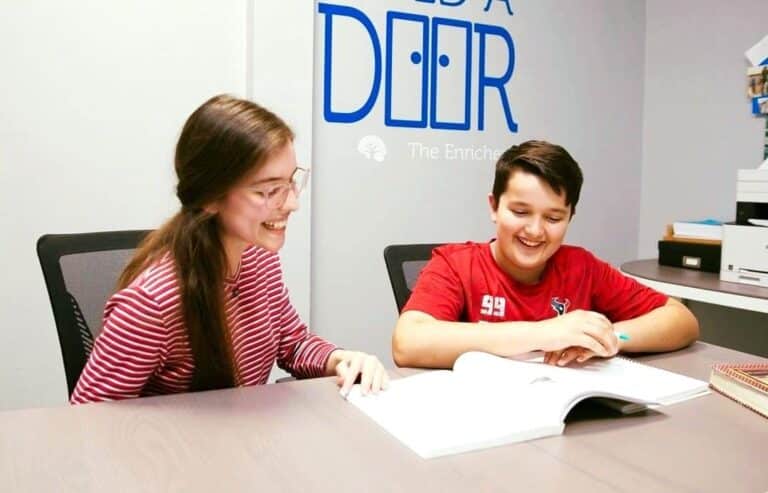Consistent reading is associated with numerous health benefits. Studies also show that students who read regularly tend to perform better in school. Unfortunately, 50% of the US population aged 16 to 65 reads at Level 2 or below (Level 2 titles include “Frog and Toad Are Friends” and “Amelia Bedelia”). Of course, instilling in someone a love for reading can be a daunting and thankless task, particularly in the digital age, so we’ve put together a short list of suggestions to help you get started with your child this summer. (While today’s article focuses primarily on teens, the New York Times has also covered this topic, breaking down its content across a wider range of age groups.)
Our biggest takeaway is: make reading fun. Teens already feel the pressure of academics and extracurricular activities in their daily lives. For most, recreational reading will fall to the wayside if treated as an obligation or chore.
First, help your teen find the right book.
Being a new reader can be overwhelming. Consider YA novels as a first step.
The “Young Adult” genre is a relatively new classification in the publishing industry. Generally, the term describes books marketed towards, or suitable for, readers 12-18 years of age. While numerous sub-genres exist within the YA umbrella (e.g., YA Romance, YA Dystopia), recurring themes include coming-of-age, self-discovery, relationships, mental health, and social issues.
A common misconception is that YA is inherently simplistic or underdeveloped. In fact, adults can often glean as much insight from YA novels as adolescents (anecdotally, at least, I know just as many grown-ups as teenagers who adore Suzanne Collins’ “Hunger Games” series). If you’re unsure where to look for inspiration, check out this list on Goodreads. Alternatively, head to your local bookstore and request expert advice!
Throughout this process, don’t forget that every reader is different. While some may gravitate towards genre-fiction that provides an escape from daily life (think: fantasy and science-fiction), others may prefer books that encourage readers to reflect more directly on their own lived experiences. For example, a child of immigrants may enjoy a novel set in their parents’ country of origin.
Consider a shared reading experience.
Short of starting a book club with your teen (although that does sound like fun!), your child may enjoy sharing the reading experience with you. Of course, consent matters. Forcing this dynamic may risk coming across as invading their privacy. Instead, extend the offer — “I want you to know that if you ever felt like reading a book of your choice together, I would be so happy to!” — and see where it goes.
Similarly, dedicate family time to reading.
This is a tough one, but if you can pull it off, the benefits are enormous (also anecdotally: everyone I’ve ever met who spent time reading as a family throughout adolescence has an enviable attention span today).
The goal here is to encourage your child to seek stimulus beyond electronics. Of course, coming across as preachy or stern may produce the opposite of the desired effect. Instead, start by dedicating 30 minutes on, say, a Sunday afternoon for the whole family to set their electronics aside and read their respective books. It might feel awkward at first, and eye-rolls will abound, but who knows: it could kick start a tradition your child takes with them into adulthood.
Some practical advice: help your teen get a library card.
This has the double impact of encouraging your child to spend time at public libraries and, in doing so, helping them engage with their community, as well as providing opportunities to read without the stress of financial considerations. Going to the library together is also a great opportunity for parent-child bonding. Alternatively, offer to bring along a group of their friends!
Lastly, be patient.
Your teen won’t go from opening a book once a year to pulling “War and Peace” off the shelves overnight. Becoming a reader is a transformative process. Someone utterly new to reading will need time to cultivate their tastes and preferences. (Last anecdote of the day: it’s taken me 3 years of consistent reading to figure out my “taste” in books, and even now, it’s still changing!)
Remind your teen that no time spent reading is ever wasted. Even if they hate a book they’ve chosen, reading it taught them something about themselves and the world around them.
The Enrichery offers Academic Coaching and Executive Functioning sessions for students of all ages and levels throughout the summer holiday. For more information, submit a request to contact us at https://theenrichery.com/contact-us-submission/!





